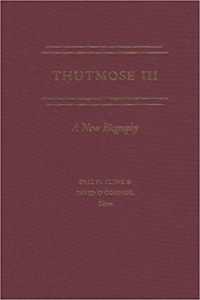基本説明
Examines power relations that organize and facilitate quality assurance in higher education.
Full Description
This book examines the power relationships that organize and facilitate quality assurance in higher education. It investigates power in terms of macro systems of accountability, surveillance and regulation, and uncovers the ways in which quality is experienced by academics and managers in higher education. Louise Morley reveals some of the hidden transcripts behind quality assurance and poses significant questions:
* What signs of quality in higher education are being performed and valued?
* What losses, gains, fears and anxieties are activated by the procedures?
* Is the culture of excellence resulting in mediocrity?
Quality and Power in Higher Education covers a wide range of issues including: the policy contexts, new managerialism, the costs of quality assurance, collegiality, peer review, gender and equity implications, occupational stress, commodification and consumer values in higher education, performance, league tables, benchmarking, increasing workloads and the long-term effects on the academy. It draws upon Morley's empirical work in the UK on international studies and on literature from sociology, higher education studies, organization studies and feminist theory. It is important reading for students and scholars of higher education policy and practice, and for university managers and policy-makers.
Contents
Introduction
The policy context of quality in higher education
How quality is assessed
Managing quality
The psychic economy of quality
Changing employment regimes
The micropolitics of quality
Reconstructing students as consumers
(E)quality
Desiring changes
References
Index.
-

- 電子書籍
- スカビオサ6 コミックアウル
-

- 電子書籍
- 旅の手帖_2021年7月号 旅の手帖





